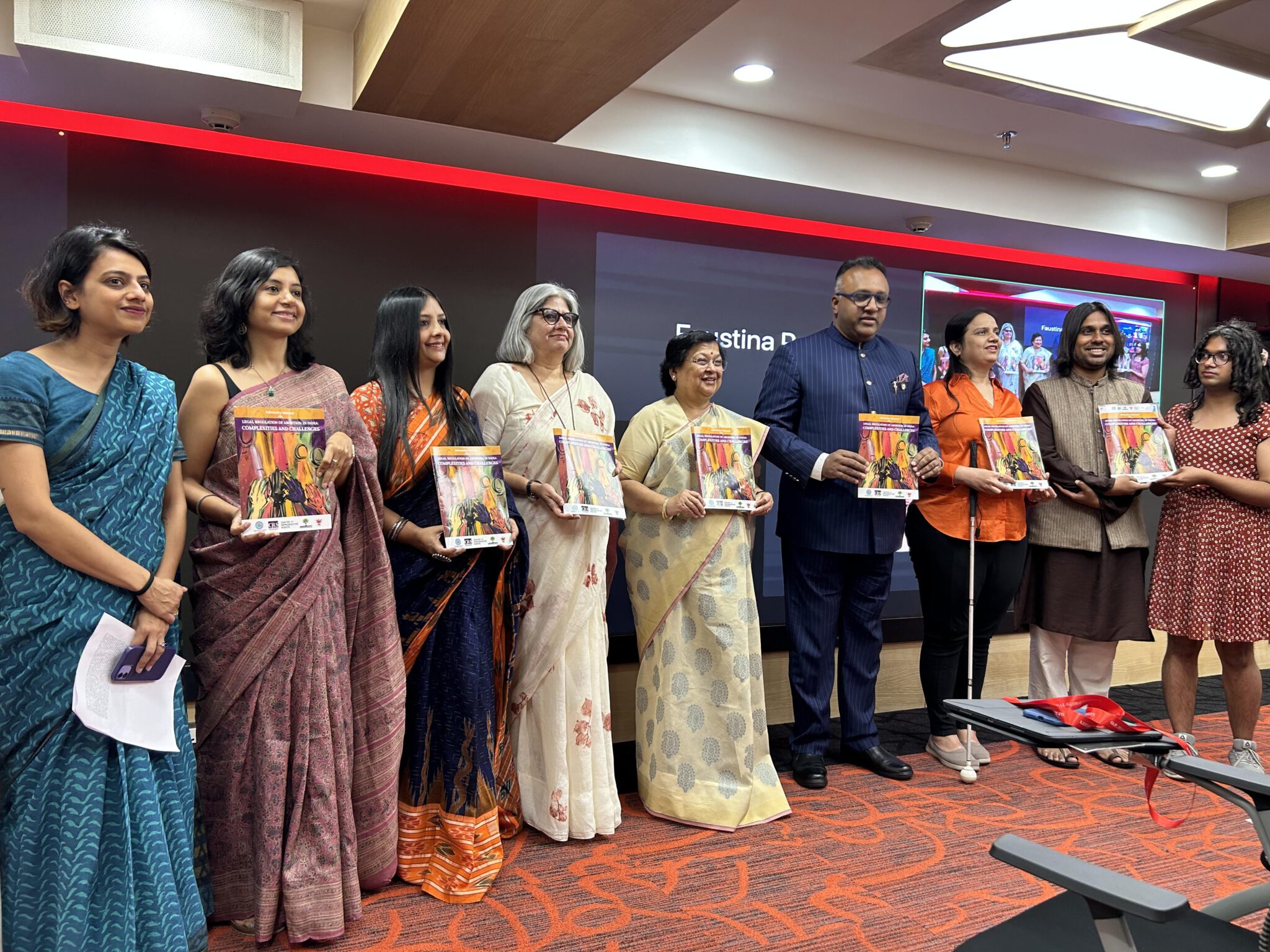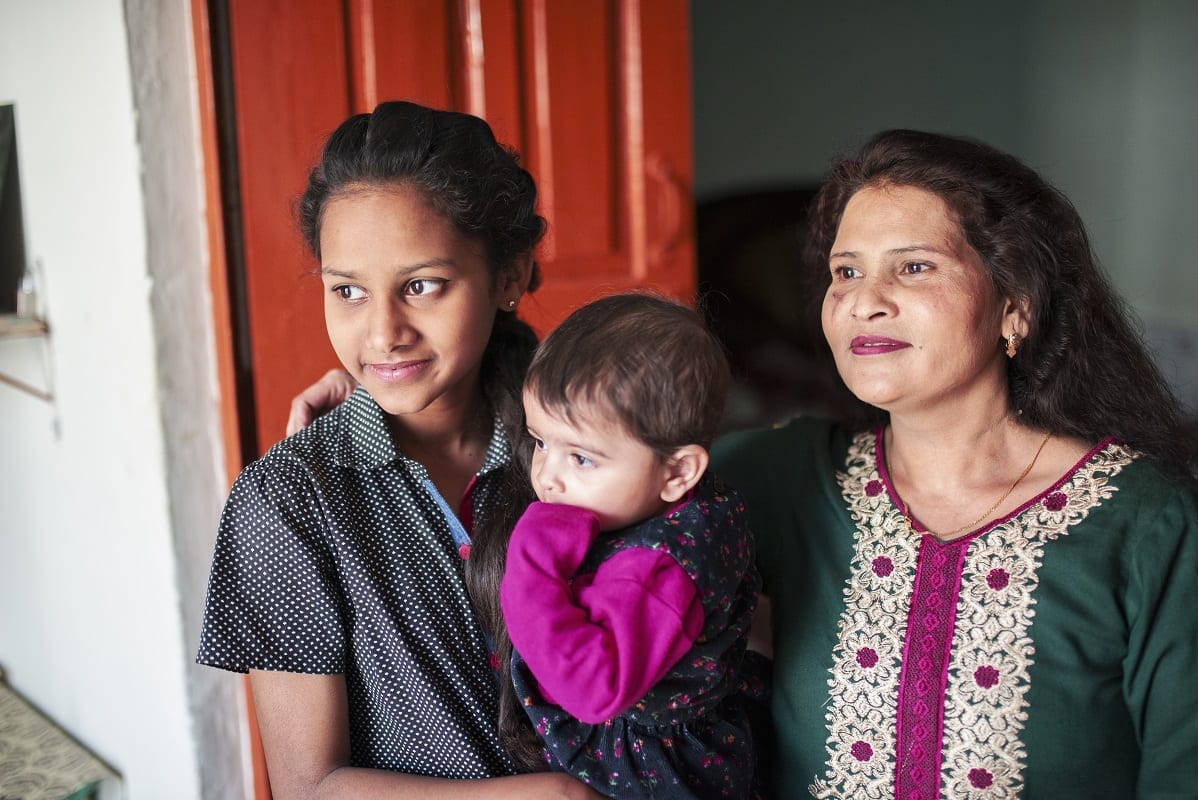Center Leads Workshop to Broaden Understanding of SRHR Issues in Asia
Three-day training for young lawyers, youth advocates, health professionals and others held through the South Asia Reproductive Justice and Accountability Initiative.
As part of its efforts to advance sexual and reproductive health and rights (SRHR) in Asia, the Center for Reproductive Rights recently organized a three-day virtual workshop for young lawyers, youth advocates, development practitioners and health professionals.
The training was held May 15–17 through the South Asia Reproductive Justice and Accountability Initiative (SARJAI), a network launched by the Center in 2012 to advance access to safe reproductive healthcare, secure legal recognition of reproductive rights and hold governments accountable.
The training of the nearly 20 attendees—chosen for their work on SRHR and related issues—aimed to familiarize participants with SRHR issues and challenges and develop advocacy strategies to advance SRHR in the region.

Leaders from the Supreme Court of India, National Law School of India and legal and advocacy groups, as well as from the Center, spoke about a range of issues, including human rights, international law, assisted reproduction, surrogacy and more. Following the presentations, the participants worked during a breakout session on developing and using advocacy strategies to advance SRHR through community participation and accountability.
Read more.
Advocacy Manual Recommends Ways to Increase Abortion Access in India
Manual launched by the Center and partners outlines India’s abortion laws, barriers to access, and reforms needed.
Specific talks and sessions explored:
- SRHR from a human rights perspective, highlighting relevant international human rights jurisprudence such as treaty bodies and regional human rights mechanisms, presented by Margaret Harpin, legal adviser for Global Legal Programs at the Center.
- Regional developments in advancing SRHR, with country specific presentations on India, Nepal, Pakistan, Philippines, South Korea and Thailand, presented by members of the Center’s Asia team.
- Emerging SRHR issues and concerns, moderated by Faustina Pereira, senior regional director of the Center’s Asia Program.
- The global implications of the U.S. Supreme Court Dobbs decision overturning Roe v. Wade, presented by Jenn Mahan, a state legislative fellow for the Center’s U.S. State Advocacy and Policy Program.
- Challenges to securing SRHR in Asia, presented by Aparna Chandra, associate professor of law at the National Law School of India University, Bangalore.
- Litigation involving the Medical Termination of Pregnancy Act (MTP Act) 1971 and the jurisprudence of India’s Supreme Court around abortion access in India, presented by Anubha Rastogi, advocate, Supreme Court of India.
- Historical context of laws prohibiting access to abortion in the Philippines, presented by Ana Maria Nemenzo, national coordinator at WomanHealth Philippines.
- Developments in abortion law and policy in Europe, presented by Adriana Lamackova, associate director for National Legal Strategies, Europe, at the Center.
- Social and legal issues affecting assisted reproduction in India, presented by Sarojini Nadimpally, managing trustee of Sama Resource Group for Women and Health.
- Surrogacy issues in the U.S., with specific reference to New York State’s Child-Parent Security Act (CPSA), presented by Jorie Dugan, human rights counsel with the Center’s U.S. Human Rights Program.
- United Nations advocacy regarding surrogacy in Cambodia, presented by Chandy Eng, executive director at Gender and Development for Cambodia.
The workshop continues the Center’s strategy to educate young professionals in Asia on SRHR issues to give them knowledge and skills to advance reproductive rights across the region.




